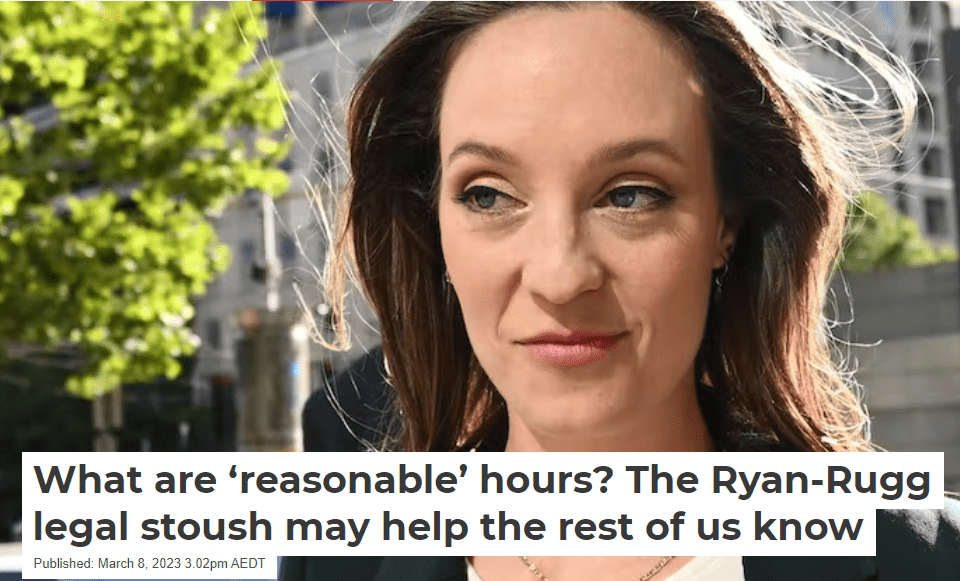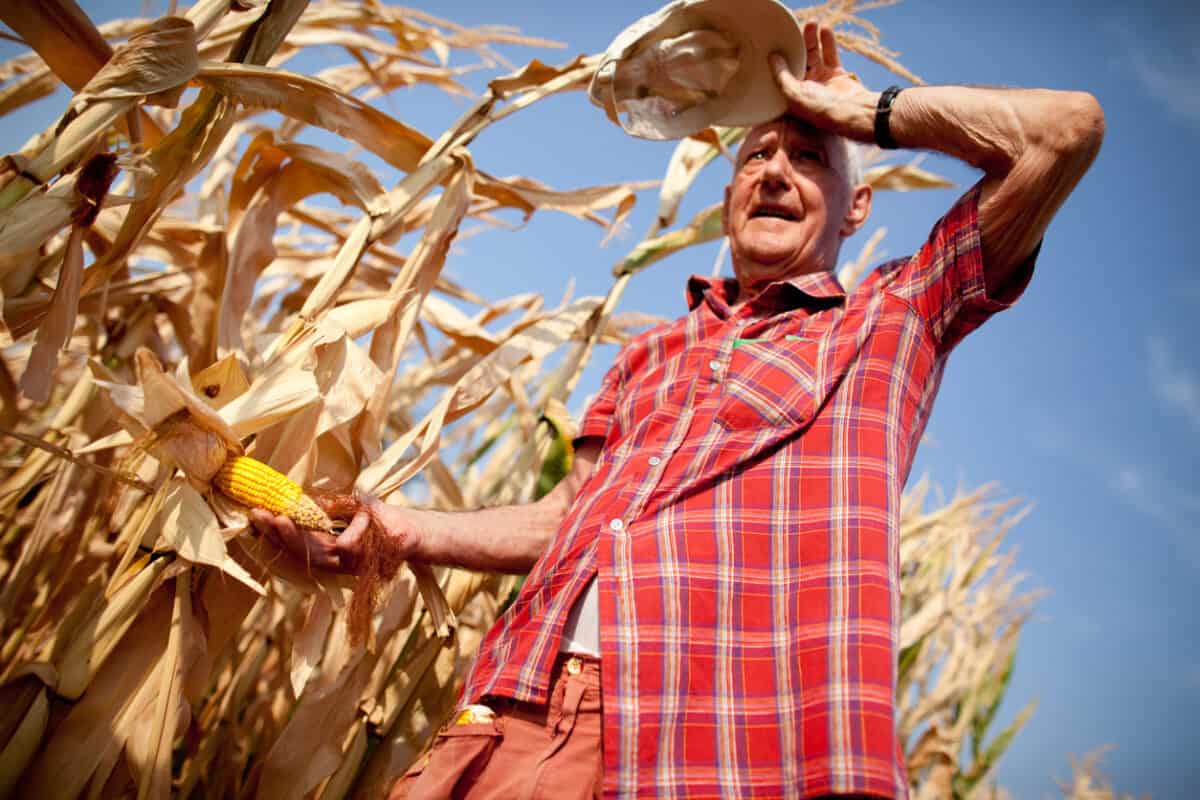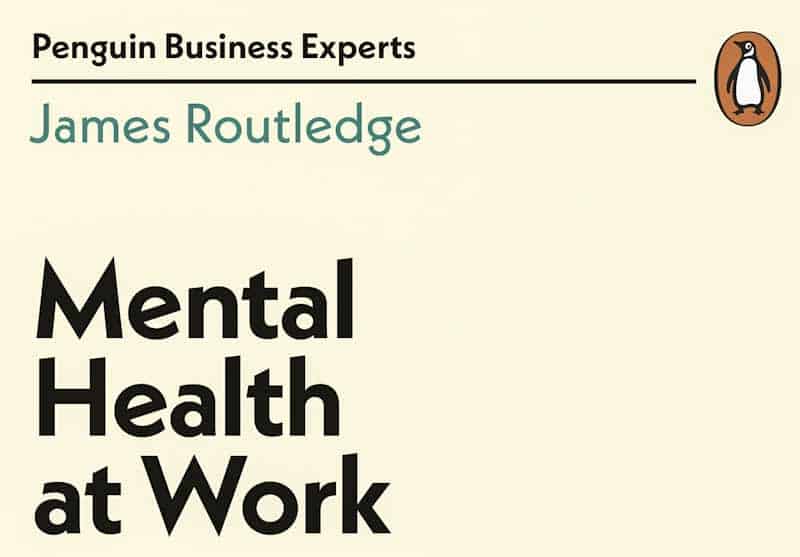Unless you are a teacher, it is difficult to comprehend the extent of stress and pressure teachers can face at school. A recent court case in Queensland involving an appeal against a decision by the Regulator not to accept a workers’ compensation claim provides some insight into the teacher’s lot.
The case, Roberts v Workers’ Compensation Regulator [2023] QIRC 76 (6 March 2023), was won by Ms Karen Roberts as the Commissioner decided that Roberts’ experiences at work, over time, were the major contributor to her post-traumatic stress disorder. There are statements in this decision that the school’s management practices did not worsen her experiences, and there are arguments over the degree of influence of other factors, but there is no occupational health and safety (OHS) perspective here. Even though it is not an OHS prosecution, there is an important OHS context.







